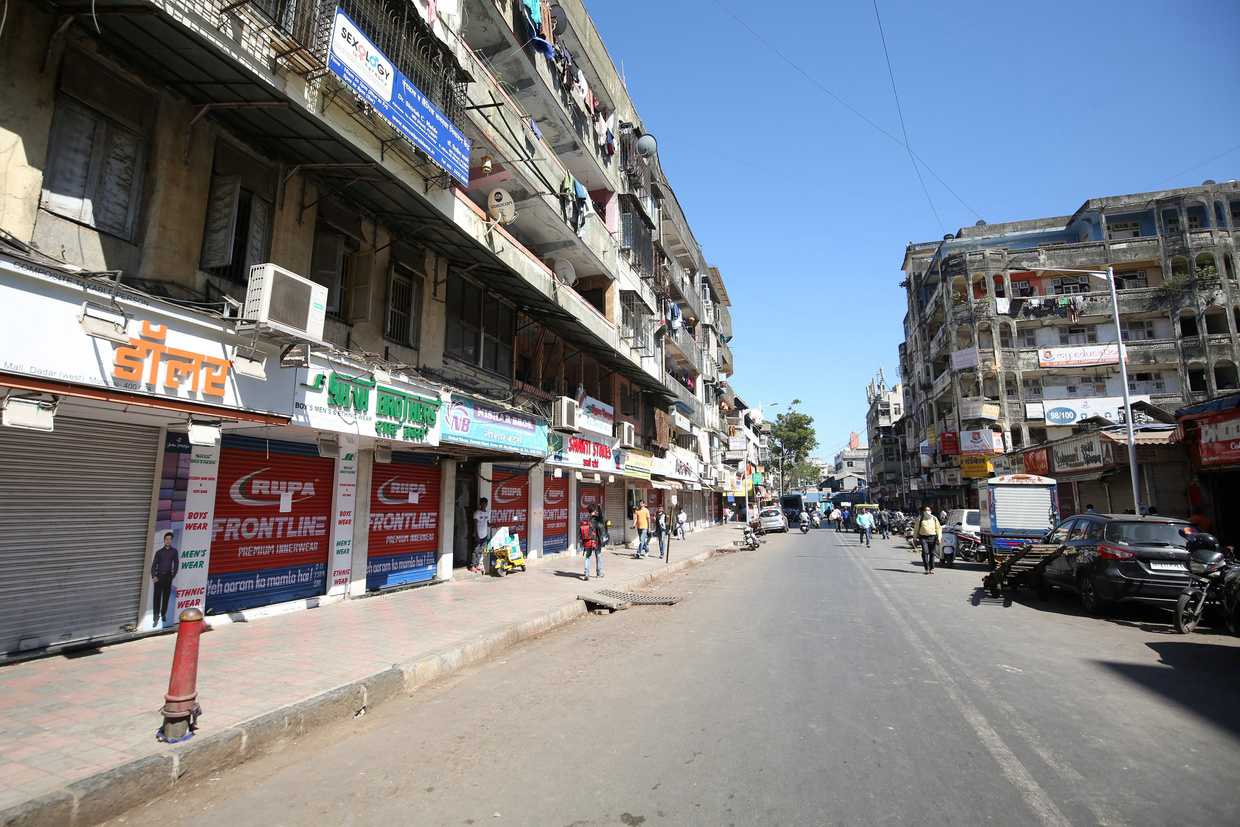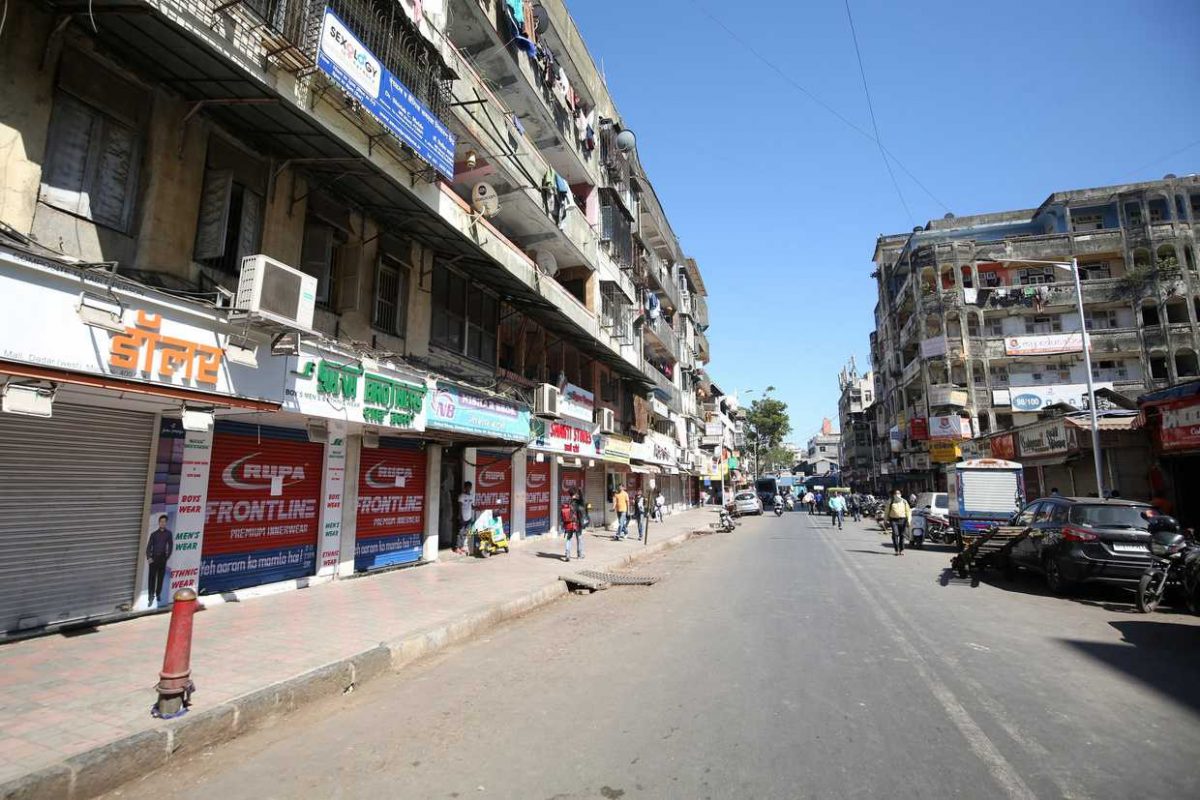
India’s secondary education exams, a touchstone for millions of teenagers aspiring to a quality higher education, have been postponed. Universities have been asked to shutter till the end of March. A government advisory has asked persons above 65 and children below 10 to stay at home. There is no telling when an evening out in shopping malls, now closed, will be in the realm of possibility again.
India’s health ministry has been converted into a virtual war-room. Screenings are no longer limited to the airports alone. Random tests are being administered to citizens, albeit on a very small sample still. Approved laboratories are training new ones. Quarantine beds and virus kits are being built up, while the export of drugs has been halted.
India has reasons to be concerned. If the worst fears were to come true, it would struggle with medical preparedness. It is a densely populated country, with big cities having upwards of 20 million residents. Hygiene is still a worry. Millions of Indians can’t stay indoors all the time, either: if they do, they could spend nights on an empty stomach. An urban civilization, breathing in a tropical climate where infectious diseases thrive, is flirting with a horrific tragedy.
India simply can’t afford to overburden its medical infrastructure. Indeed, Modi has asked citizens to avoid hospitals if they can.
“Postpone surgeries if you could; don’t burden hospitals; seek advice from family doctors or on phone,” he said.

发表回复